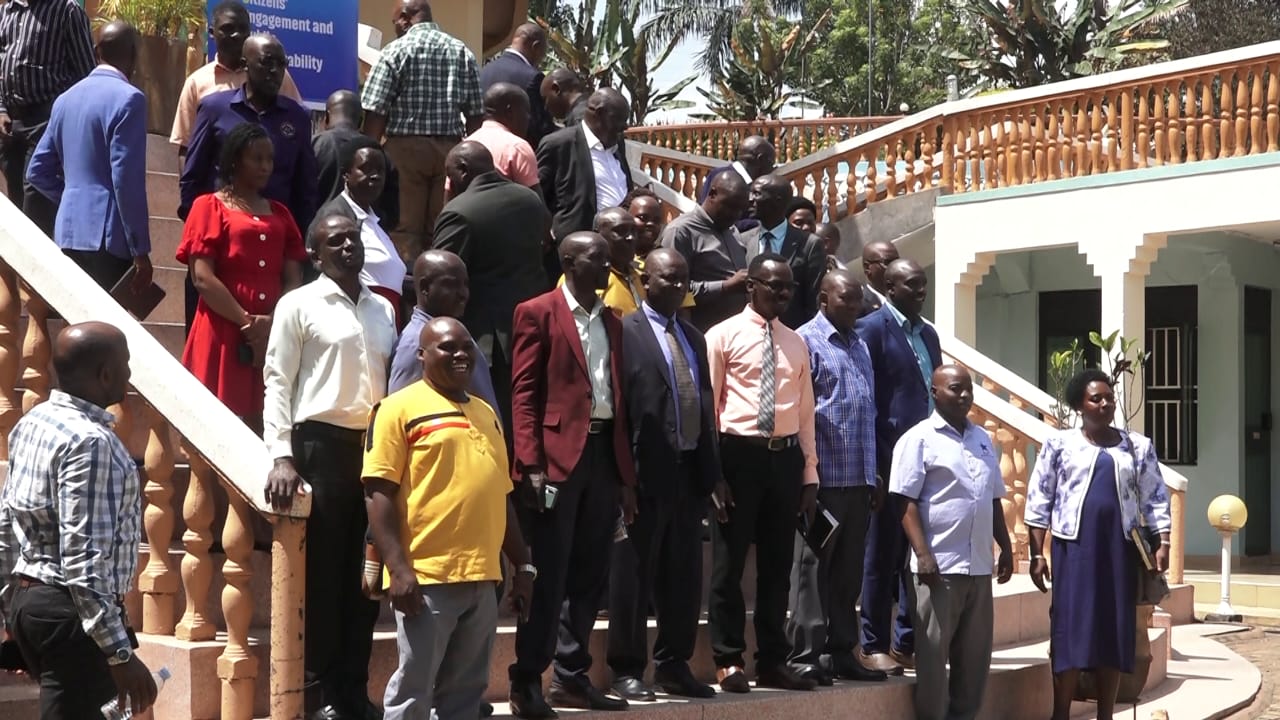Civil Society, Stakeholders Identify Four Major Barriers to Ankole Region’s Socioeconomic Transformation

Stakeholders from the Ankole subregion, together with civil society organizations, have outlined four key factors that have undermined the socioeconomic transformation of the region.
The challenges include the commercialization of politics, low agricultural production driven by harsh climatic changes, salary disparities between teachers, and poor infrastructure.
According to Apollo Lee Kakonge, executive director of the Western Ankole Civil Society Forum, “Basically there are three things that are so important for an ordinary person to live in harmony: agriculture, affordable education, and quality health care.”
Despite Ankole being known as a food basket for the country, its fortunes have sharply declined due to adverse climate effects and government’s failure to establish and supervise irrigation schemes that could boost food production.
In addition to agricultural concerns, stakeholders decried the prolonged industrial action by teachers, which has negatively impacted learners who have been out of school for weeks.
Alex Musinguzi, national treasurer for the Uganda Secondary Schools Arts Administrators Union (USSAAU), highlighted the salary disparities fueling internal divisions between arts and science teachers.
“A headteacher of science earns Shs6.5 million, while we in arts get Shs2.2 million. This is quite challenging, to the extent that a retired science teacher will still earn more than an arts teacher who is still in service,” Musinguzi said.
Dr Innocent Muramuzi, a lecturer at Valley University in Bushenyi District, added that many science teachers have left the profession to start businesses due to their higher salaries, leaving arts teachers to manage schools and negatively affecting learners.
“It’s high time the government revises its decision and matches salaries for teachers,” Muramuzi urged.
The stakeholders also raised concerns about the commercialization of politics in the region, where wealthy individuals dominate the political landscape, marginalizing the poor.
Kakonge noted, “Right now, Bushenyi-Ishaka municipality lacks an incumbent MP because the current one was brought in not to contest again, but you should also remember he bought his way to parliament.”
Williams Kasigazi Donanto, Deputy RDC for Bushenyi district, expressed concern over how commercialization has affected the quality of leadership.
“Businessmen and women are now the main players in politics. Consider what influence a businessperson might have when they enter parliament,” Donanto questioned.
Following discussions on these issues, the stakeholders resolved to compile them into a regional manifesto designed to guide political contenders and influence decision-making once they assume office.



0 Comments